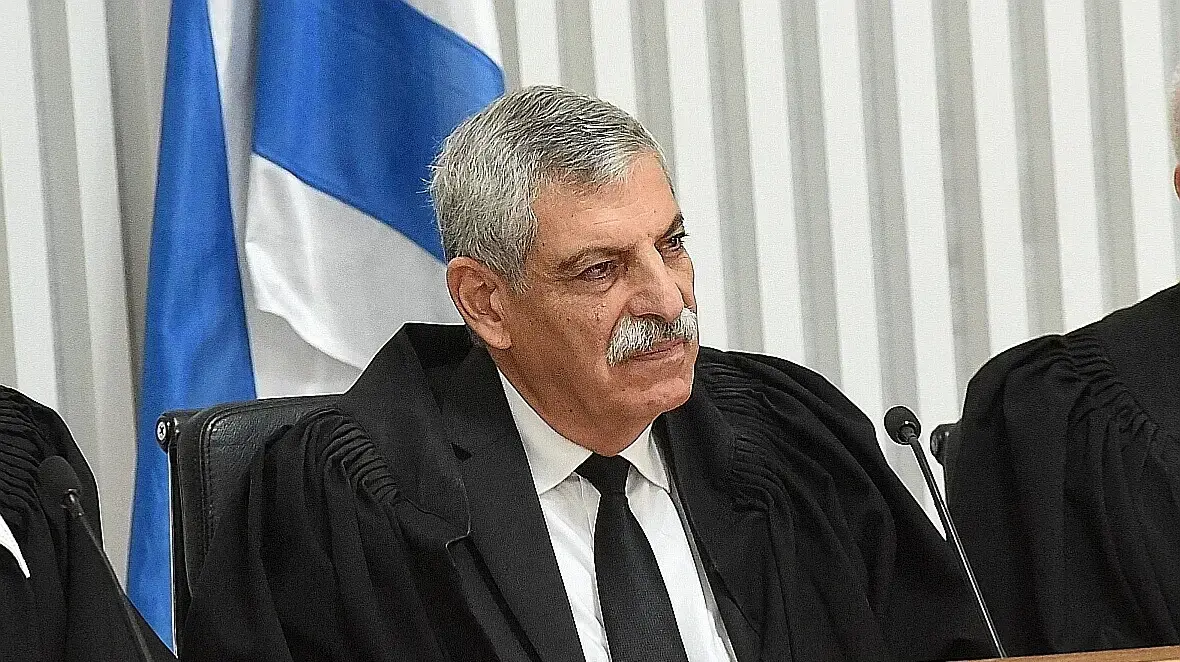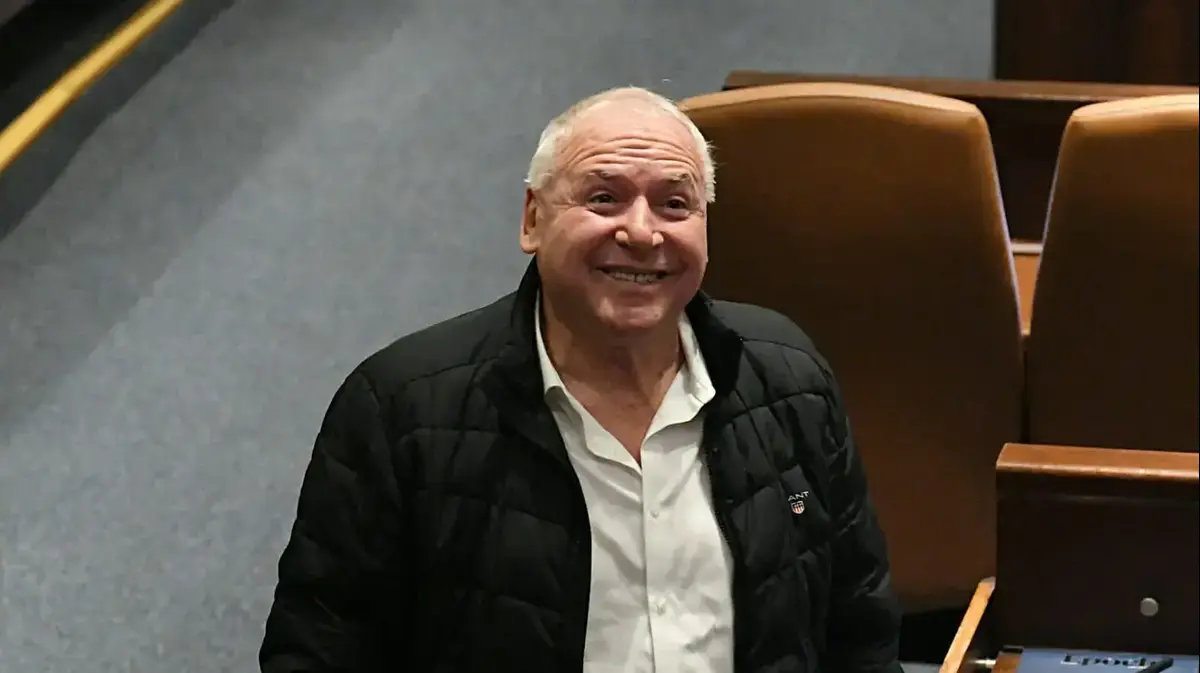In the video: Alsheich: There is no Pegasus for the police, it's a spin" (Walla system!)
Former commissioner Roni Elshich said this evening (Tuesday) that he would have recommended to Gali's ombudsman Beharev Miara to "go to a plea deal with Netanyahu".
"Our democracy is not yet ripe for prosecuting a sitting prime minister," he added in an interview with News 12.
Alsheikh also added that he would have recommended Commissioner Kobi Shabtai to resign from his position. He said these words against the background of the passing of the "Ben Gabir Law" in the first reading earlier today In the Knesset. "If the law is changed and the commissioner is the commissioner of a party, I would recommend that he resign," said Alsheich and warned, "The police will lose the public's trust, whoever accepts policing that is ineffective will be a militia."
Today, the law to amend the Police Ordinance, known as the "Ben Gabir Law", passed the first reading in the Knesset, with a majority of 63 supporters against 53 opponents.
The law, drafted by the designated Minister of National Security Itamar Ben Gabir, will transfer powers over the police to the minister in charge and subordinate the police commissioner to him. According to the law, drafted by Ben Gabir, the police commissioner will be subordinate to the government and subordinate to the minister, and next to his subordination is the rank The highest command in the police.
"I recommend to the ombudsman Shit to go to a plea deal with Netanyahu." Elshich (Photo: Flash 90, Yonatan Zindel)
The minister in charge of the government will not be able to determine the prosecution policy, but he will be able to outline a general policy in the field of investigations, after hearing the position of the ombudsman for the government and consulting with the commissioner and his staff.
Also, the minister will be authorized to outline a policy and establish general principles regarding the duration of the processing time of the cases.
Last week, Police Commissioner Kobi Shabtai expressed reservations about the law when he arrived at one of the hearings of the special committee that was established. In his first reference to the issue, Shabtai said that "such a drastic and dramatic change requires a sound and orderly procedure." According to him, "the public's expectation is that the police will remain independent." Ben Gvir erupted According to Shabtai, he said: "But the minister cannot set policy," and added, "I already explained to you." Shabtai wondered, "What did she express in the current situation?" and said that "the declaratory change will damage the trust of the citizens in every encounter with a police officer." He emphasized that he was not caught to a situation where the appointed minister asks to adopt a policy and is not answered. "When the citizens of Israel care about the police, they think of an organization that is not biased or tainted by political interests," he explained.
At the end of the week, the former commissioner, retired Chief Rabbi Shlomo Aharonishki, said on 103FM that Shabtai should To retire when he feels unable to fulfill his role.
"
news
News in Israel
Criminal and legal news
Tags
The Netanyahu trial
Roni Alsheich









